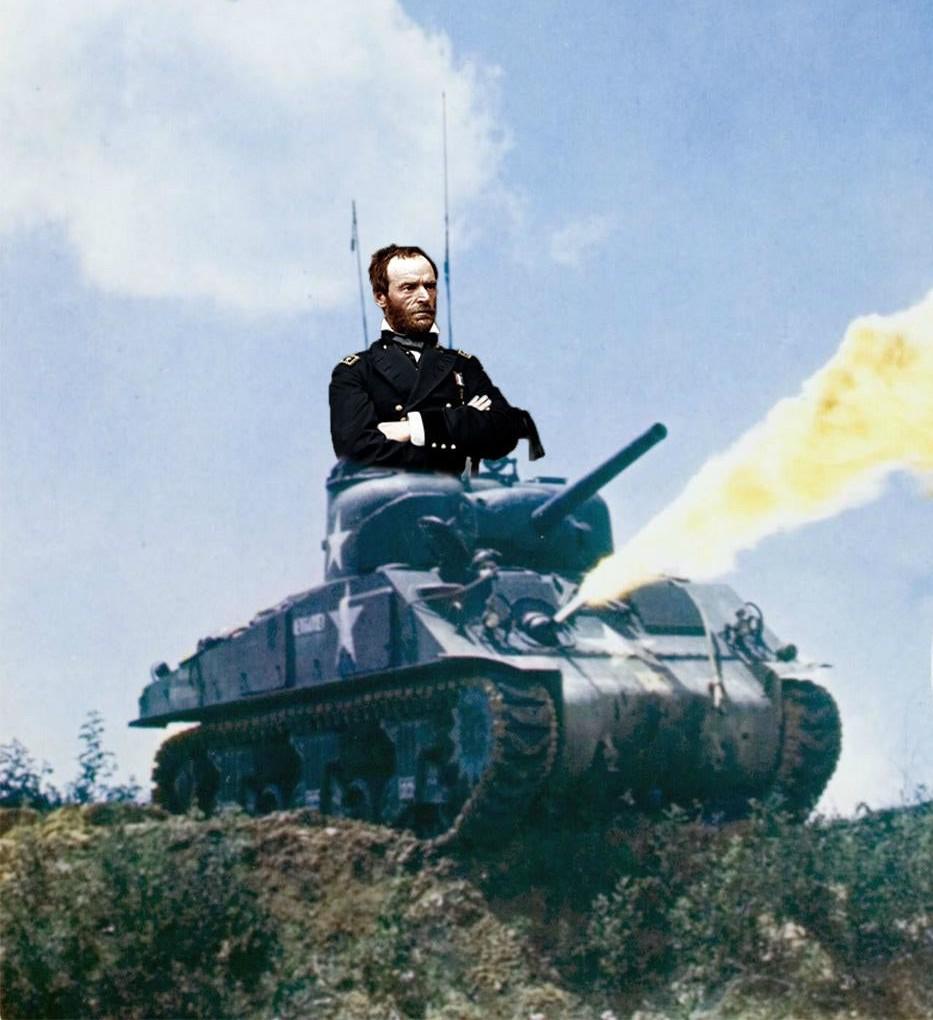Mostly the same group, under a banner formerly held by what was once a progressive and largely abolitionist party, has this same issue today. States rights when it suits them, federal dominance when it doesn’t.
The best way tot think of American parties, particularly if one is better versed in parliamentary systems, is to think of them as semi-durable coalitions that come together pre-emptively because of the structure of the US system. They can and do change over time, because the party apparatus itself is just there to (try to) win, and in the interest of doing so nobody is going to say the quiet part out loud. Party doesn’t mean anything, other than that for the moment, the various interest groups in each major one can tolerate each other.
On the one hand, yeah, that means identifying with and voting for your “team” is inherently stupid, and that anyone whose job involves winning elections for a party is likely a dangerously amoral person, especially if that’s their only job. On the other hand, the interest groups inside those parties, and the bedfellows they make, absolutely matter and are not the same at a given point in history. Any actual democracy that happens in America happens slowly by interest groups pushing the party they’re currently in and, when sensing that incompatible voices are driving policy, moving to the other one. – or, occasionally (like once a century), by forming a third party that will push out a legacy party within a couple of election cycles.
That, of course, is assuming that the system is not being completely dismantled to avoid even baseline “free and fair” elections where you’re allowed to safely vote your conscience for the lesser of two evils.
The biggest state’s rights advocate I remember reading from before the war was arguing that the south was violating the North’s right to not have slaves in their territory after the Dred Scott decision.


